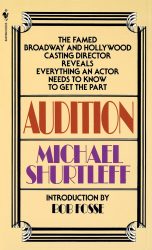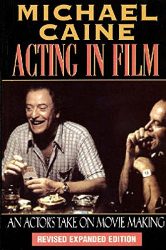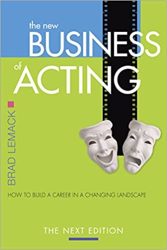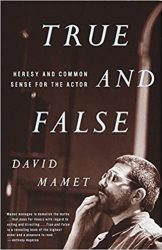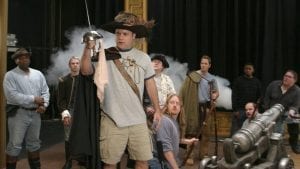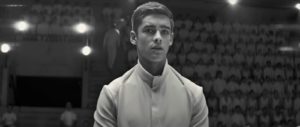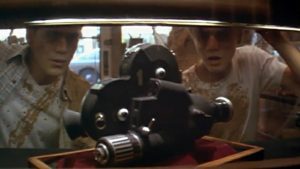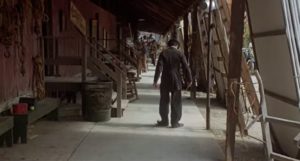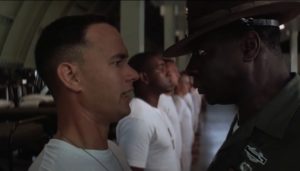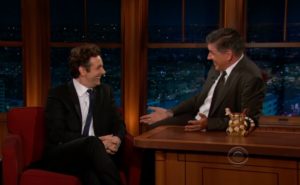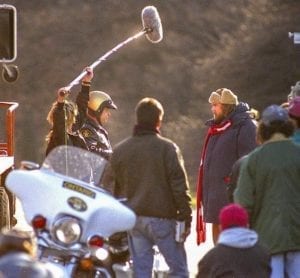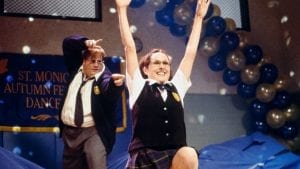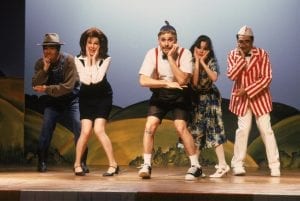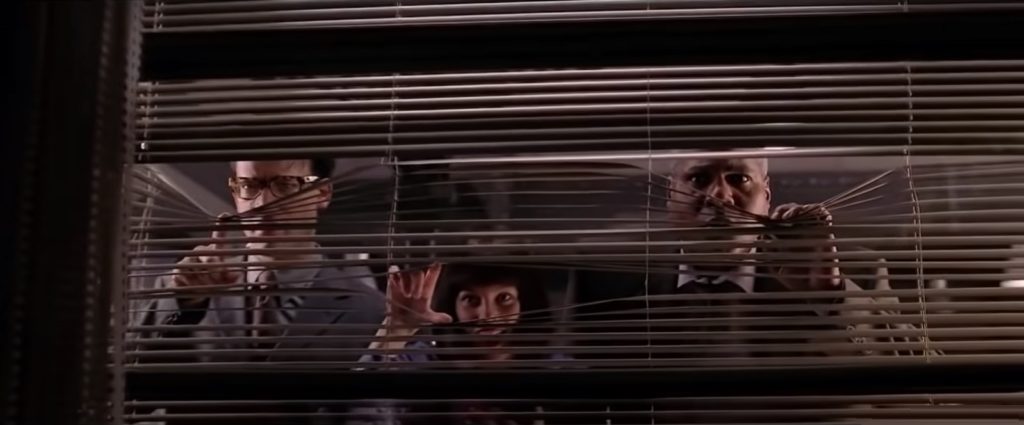
When you want to practice acting, being at home by yourself might feel like a disadvantage . . . but have you ever considered that being home alone can be a perfect opportunity for some acting exercises? This article gives more acting exercises that you can do well on your own.
You can practice acting by saying your lines while doing other tasks (such as cooking) in the background (for memory and attention), doing everyday tasks in character without speaking (for body language), speaking lines slowly yet naturally, and physically acting out the “moment before” your scene.
Details about these exercises as well as some videos to help you remember them are given below.
Saying your lines while doing everyday tasks
You have to vacuum the floors, wash the dishes, and do the laundry anyway; you can do such everyday tasks while saying your lines. There are many actors who find that it’s easier for them to memorize lines when they learn them while doing something else, such as while running on a treadmill (you can read more about that in the article about how actors memorize lines). This exercise helps you practice speaking your lines while also paying attention to something else, such as on making soup. Learning to focus on multiple things like this can help you become more aware of your surroundings when you act and can help you better listen to and adapt to your scene partners.
Tasks can differ in how easy or hard they are to do in the background. If you want to start easy, you can do something like running on a treadmill or other repetitive tasks. If you want something more difficult, you could try something more complex, like cooking.
“I often practice my lines while I’m cooking as they seem to go in better when I’m doing something physical…” – Meera Syal (source)
“I tend to practice my lines while I’m boxing because everything around you is hectic, and it forces you to focus even more on what you’re saying.” – Jang Hyuk (source)
What do you do if your scene involves multiple people talking? Some actors record themselves saying their scene partners’ lines and then practice with that recording to have something to respond to.
To help you remember this exercise, here’s a video about how some people study language in a similar way:
Doing everyday tasks as the character with no or improvised speech
How would the Terminator doing the dishes be different from the Grinch doing the dishes? There’s more to acting than lines. To practice your body language and how you feel emotions, you can get into character and then do everyday tasks as the character. You can think about your posture, your gait, your hand movements (you can get some ideas in the article about hand gestures), your facial expressions, the pace you do things at, the interactions you have with your surroundings, and more.
To help you remember this exercise, here is a video of how you can vacuum the floors as a ballet dancer:
Of course, if you’re playing a negative character, you might want to wait until everyone else is out of the house so that you don’t negatively affect anyone. Speaking of which, something that could also be important to practice is getting out of character as well, so that you’re able to get into and out of character with ease. So many actors focus on how to get into character and don’t think about how to get out of character. Increasing your control over whether or not you are in character can be a skill worth studying because what you do and how you feel and what you think about can influence your relationships with others. In the article about how actors get in and out of character, you can learn about the techniques and struggles and successes of other actors in this regard.
By the way, depending on how acceptable your character is, you can also go outside as the character and interact with others as the character. For example, you can go grocery shopping as the character. Also, if you’re putting on an accent for your character, this could be an opportunity to practice your accent. You can then use people’s reactions to gauge how natural you look and sound.
“I thought that is the sign to me when I have it is when you can ad-lib all day as the character, and eventually that came.” – Steve Martin (source)
Speaking slowly
There was a piano teacher who said that if you can play a piano piece emotionally at 50% speed, playing it so well that it feels like it was meant to be played that slowly, then you’ll also be able to play it emotionally at a higher speed (this is to help fix the problem of students playing quickly but without emotion). You can do the same thing with acting. You can speak your lines slowly and emotionally, in such a way that it feels natural to say those lines that slowly. You can really explore your emotional acting this way. Here’s a quote that might help you feel more natural speaking slowly:
“The basic rule of human nature is that powerful people speak slowly and subservient people quickly, because if they don’t speak fast nobody will listen to them.” – Michael Caine (source)
You might also be able to notice where you text isn’t fully memorized, because sometimes it’s easier to do things quickly than in slow motion. Also, when speaking slowly, you can choose to make it about the pauses rather than the length of the individual words. For example, you can see Paul Newman speaking slowly via pauses in the video below:
Note: this exercise is pretty much the opposite of (and complementary to) the Italian Runs exercise in the previous acting exercise article. Italian Runs involved running through the text very quickly (from memory, without emotion) so that you can get to a level of familiarity with the text so that you can focus on the acting without thinking about memorizing. We recommend doing both.
Physically acting out your “moment before”
You may have heard of the exercise where you add depth to your performance by thinking of a backstory, not just for your character’s general history but also for what specifically happened for them shortly before the scene starts (we talked about it in the other article about acting exercises you can do alone). Something else you can do is go beyond thinking about that “moment before” and actually act out that “moment before”.
For example, let’s say your scene is about a conversation between your character and their old friend, who unexpectedly walked into the cafe that your character happened to be in. Instead of thinking about the scene just from the point when the friend walks into the cafe, you can consider what happened before then, both in terms of your character’s thoughts and physical actions, and you can act that out and then transition into your scene. There are many possibilities. If you want something drastic, you can try a moment of a person who just got fired or just won the lottery, but it doesn’t have to be that noticeable. It can be something more subtle; here are some examples:
- Maybe your character had been on their feet all day, and this is their first time to sit down, relax, and eat, so you can act out how they laid down their food on the table with anticipation, sat down and felt a sense of relief, and how they reach for their sandwich and take those first few bites. Maybe it’s only then that they notice their old friend in the cafe. You can then explore how such a “moment before” affects the feelings during the conversation with the old friend.
- Or maybe your character had been out shopping for gifts nearby and they wandered into this cafe for the first time. There could be a lineup, so you can act out how your character decides to use the opportunity to sit down and examine the menu to decide on what they want to get, if anything. At the same time, they might be looking around, seeing if anything sparks ideas for gifts. Maybe that’s when they see the old friend entering the cafe.
- Or maybe your character had just had a phone call – maybe someone they like had just invited them to go skating together – and now your character might be sitting there, replaying that conversation in their head, relishing in those memories, thinking about what other things they could have said, and thinking about whether they should buy or rent skates, and that’s when they noticed their old friend. You could act out that phone conversation and the thinking about it afterwards.
You can imagine how each of these different “moments before” can lead to differences in the performance. There are many feelings that could result. However, even if each one of those leads to situations leads to your character feeling slightly impatient and eager to continue doing what they were doing, that feeling could be manifested in different ways. For example, when someone is impatient, you might notice them looking away from their conversation partner, in the direction of where they want to go. One person might be looking at their food or towards more food, another one might quickly want to check their phone to see when the mall closes today, and another one might be smiling uncontrollably and looking down or to the side, like we do when we’re remembering something. Even though they might logically know that they’ll have time to finish what they were doing later, there’s just still that emotional inertia to overcome.
To help you remember this exercise of acting out the moment before, here is a funny video about what might take place before the following example first lines of a scene:
Mother: “I’m home!”
Her sons: “Hi Mom.”
There are many possibilities for what might have happened before your first line, and they can really affect your character’s thoughts, feelings, and actions in your scene. Physically acting out those “moments before” can help you notice those effects more clearly.
You can also reflect on your own life. When you have a conversation with someone, you can think about the things that occurred for you before that conversation began, and how those prior moments affected your thoughts, feelings, and actions during the conversation. You may be surprised by how much of an effect you find. Actors are sensitive and observant.
